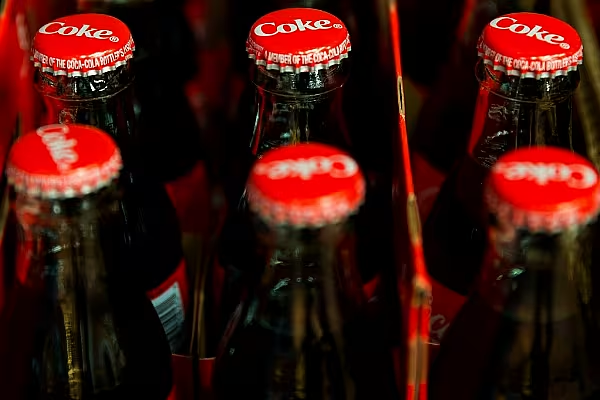Mexico's Femsa said its fourth-quarter net profit fell by more than half compared with a year ago, dragged down by the Mexican peso's appreciation and higher costs at the conglomerate's Coca-Cola bottling unit.
Monterrey-based Femsa posted net profit of 4.79 billion pesos (€220 million), down 56.7% from the same quarter last year, the company said in a statement.
Femsa's revenue increased 5.7% to 132.3 billion (€6.14 billion) during the October-December period, driven by growth in most business units.
Higher sales at the Oxxo convenience store chain helped Femsa's overall gross margin grow by 10 basis points. However, Oxxo stores also faced higher costs for labour, technology and the transportation of cash.
Femsa opened 490 Oxxo stores in the quarter, bringing its total to 19,330 locations, mostly in Mexico.
'Minor Acquisitions'
Femsa chief executive officer Eduardo Padilla said the company would like to find "minor acquisitions" to grow the chain faster in its new Chilean and Colombian markets.
He also warned that Oxxo margins would be squeezed this year due to expansion outside Mexico and work on digital initiatives, such as an app for product orders and payments.
Results from the app could take time, noted Juan Fonseca, Femsa's chief of investor relations.
"The consumer in Mexico is still moving relatively gradually in terms of embracing the concept of the super app," Fonseca said.
Financial services such as payments and money transfers, which have often boosted Oxxo's revenue, did not grow as much as in the past, he added.
Femsa's drugstores, meanwhile, registered a drop in same-store sales, partially due to social upheaval in Chile.
Coca-Cola Bottling Business
Net income at Femsa's Coca-Cola bottling business fell to 2 billion pesos (€93 million) from 5.5 billion pesos (€260 million) a year before, when the firm sold its Coca-Cola operations in the Philippines. The unit was also hit by higher costs for labor, maintenance and freight.
For 2020, Padilla said he anticipated resilient consumers in Mexico, particularly in the north of the country, and was optimistic about Brazil.
The company said it plans to invest about $1.5 billion this year, spending more than 60% of that amount in Mexico.
Still, after the economy contracted last year, Padilla said the outlook for Mexico was unclear.
"We expect it will be similar to last year," he said.
A "regulatory bottleneck" that delayed openings of Femsa gas stations last year may not be resolved in 2020, he added.














